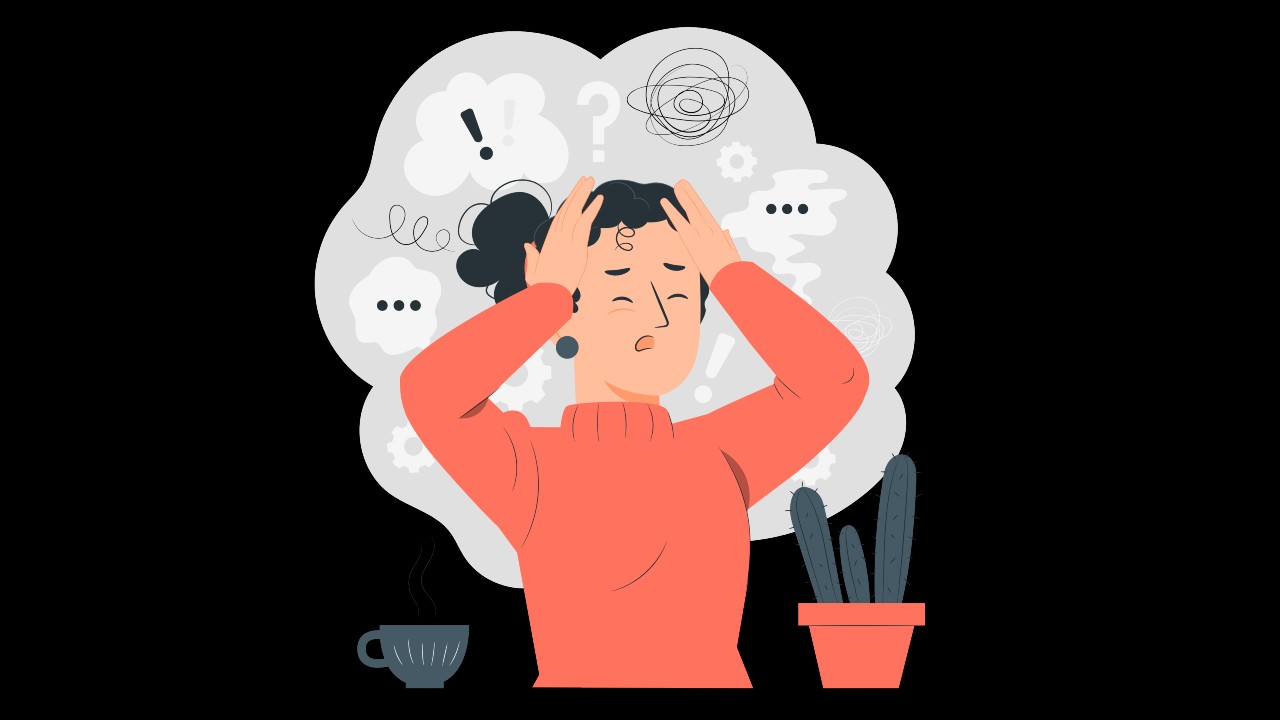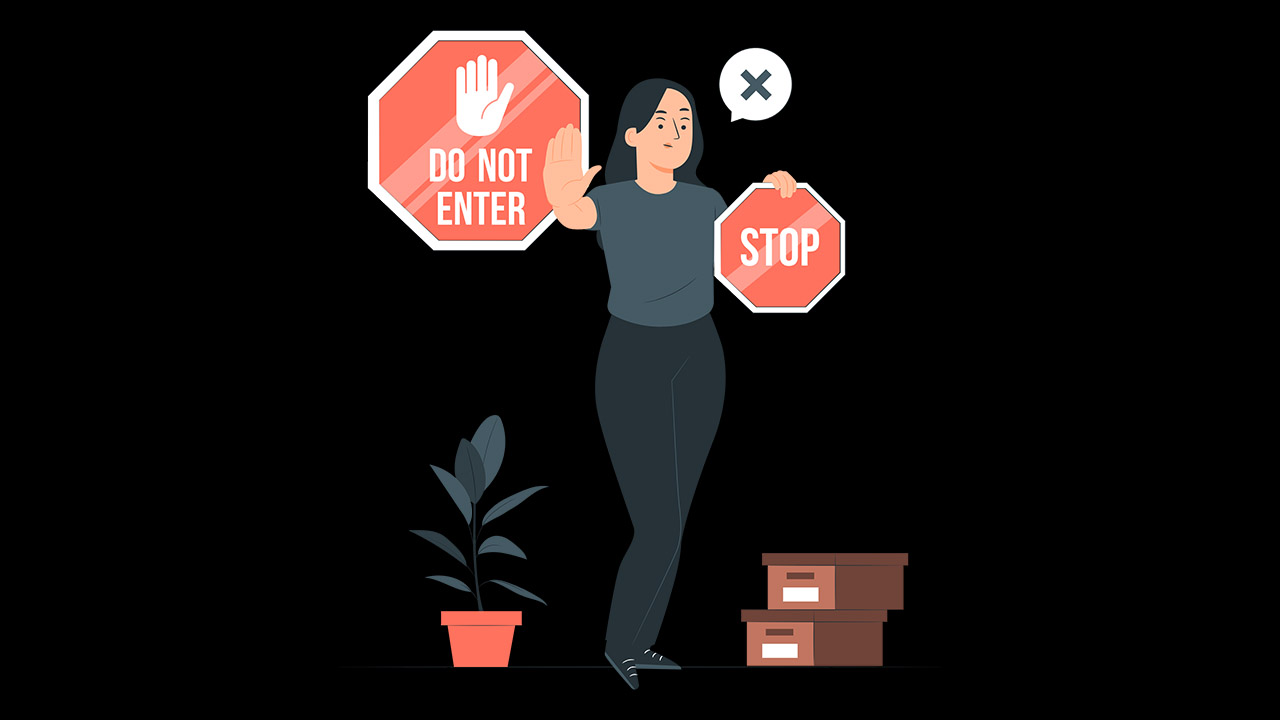Studying can be challenging, especially with the constant distractions we face every day. From notifications pinging on our phones to the lure of social media, staying focused seems almost impossible. But it doesn’t have to be this way. With some practical strategies and a bit of discipline, you can conquer distractions and make your study time more productive. In this post, we’ll explore why does my brain get distracted when studying, how to stop it, and provide some actionable tips to help you stay on track.
Why Do We Get Distracted So Easily While Studying?

First, let’s understand why do I get distracted so easily while studying. Our brains are wired to seek novelty and stimulation. When studying, our surroundings often offer more immediate rewards. Social media, for example, provides instant gratification through likes and comments. This makes it more appealing than reading a textbook or taking notes.
Another reason is the overwhelming amount of information we encounter daily. With so many things vying for our attention, it’s easy to get sidetracked. We live in a world where multitasking is praised, but it often leads to reduced efficiency and increased stress. This constant switching between tasks can make it harder to focus on one thing for a long time.
Additionally, our environments play a significant role. A cluttered space can lead to a cluttered mind. If your study area is messy, your brain may find it harder to concentrate. Similarly, the presence of electronic devices, noisy surroundings, and even certain people can all be sources of distraction.
Another factor contributing to distractions is the lack of motivation or interest in the subject matter. When you’re not engaged with the material, your mind naturally seeks out more stimulating activities. This can make it challenging to maintain focus, especially over extended periods. If you’re wondering how to focus on studies without getting distracted, making the material more engaging and creating a structured plan can make a significant difference.
Lastly, stress and anxiety can also play a role in making it difficult to concentrate. When you’re worried about upcoming exams, assignments, or personal issues, your mind can easily wander. This makes it hard to stay present and fully engaged in your studies. By addressing these challenges, you can discover effective ways to avoid distractions while studying and boost your productivity.
How to Stop Getting Easily Distracted?

Knowing why we get distracted is the first step; now, let’s discuss how to stop being distracted while studying.
1. Set Clear Goals
One effective method is setting clear goals. When you know exactly what you need to accomplish, it’s easier to stay focused. Break your study sessions into smaller, manageable chunks and tackle one task at a time. This approach answers the common question of how to focus on study and not get distracted by providing a clear, actionable path forward.
2. Create a Dedicated Study Space
Creating a dedicated study space is crucial. Choose a quiet, well-lit area where you can work without interruptions. Make sure this space is free of clutter and only contains the essentials needed for studying. This helps signal to your brain that it’s time to focus.
3. Manage Your Time Effectively
Use techniques like the Pomodoro Technique, where you study for 25 minutes, take a 5-minute break, and then repeat. This can help maintain concentration and prevent burnout. Setting specific time slots for studying and breaks ensures you have a balanced routine, helping you discover how to focus on studies without getting distracted over extended periods.
4. Limit Digital Distractions
It’s also important to limit your exposure to digital distractions. Turn off non-essential notifications on your phone and computer. Consider using WallHabit, which is specifically designed to help you create a distraction-free environment. By reducing the number of potential distractions, you make it easier to stay focused and productive.
Best Ways To Avoid Distractions While Studying

Using WallHabit to Avoid Distractions
WallHabit is a productivity application designed to block shorts, reels, or entire apps through its unique “hold to block” feature. This tool allows you to eliminate distractions by preventing access to time-wasting apps and social media platforms. WallHabit also includes a powerful focus mode, which acts like a Pomodoro timer on steroids, making it impossible to use your phone when activated.
With WallHabit, you can customize your blocking settings to suit your study needs. Whether you need to block social media entirely or just certain apps, WallHabit provides the flexibility to create a distraction-free environment. This ensures that you stay focused on your studies without the constant temptation of checking your phone.
Another advantage of WallHabit is its user-friendly interface. Setting up your blocking preferences and focus sessions is straightforward, allowing you to quickly get started with your study session. By integrating WallHabit into your study routine, you can significantly improve your concentration and productivity.
Disabling Shorts & Reels with WallHabit
Social media platforms are notorious for their short-form content like reels and shorts. These are designed to capture your attention quickly and keep you scrolling. WallHabit is perfect for this scenario. By simply disabling Shorts and reels, you can preventing the distraction of endless short videos that can eat up valuable study time.
To take it a step further, consider setting specific times during the day when these apps are blocked. For instance, you can block access to social media during your study hours and allow it during breaks. This way, you can enjoy your favorite content without it interfering with your productivity. By strategically using WallHabit to disable these distractions, you can create a more focused and efficient study environment.
WallHabit’s Focus Mode
WallHabit’s focus mode is a game-changer for anyone struggling with distractions. This feature acts like a Pomodoro timer on steroids, making it impossible to use your phone when it’s active. By setting a focus session, you commit to studying without interruptions, as WallHabit blocks access to all apps except essential ones.
To use WallHabit’s focus mode, start by setting the duration of your study session. Typically, focus sessions are around 25-30 minutes, followed by a short break. During the focus period, WallHabit locks your phone, ensuring you can’t access any distracting apps. This helps you maintain a high level of concentration and answers the question of how to stop being distracted while studying effectively.
Changing Your Physical Environment
Sometimes, a change of scenery can do wonders for your concentration. If you find it hard to focus at home, try studying at a library or a quiet café. The new environment can help reset your mind and make studying more enjoyable. This is one of the best ways to avoid distractions while studying and can be especially helpful during long study sessions.
When selecting a new study location, consider factors such as noise levels, seating comfort, and availability of study resources. Libraries, for instance, often provide a quiet atmosphere with access to books and study materials. Cafés, on the other hand, can offer a more relaxed ambiance but might have background noise.
Another option is to create different study zones within your home. Designate specific areas for different tasks, such as reading, writing, or group discussions. This can help create a mental separation between activities and improve focus. Rearranging your space periodically can also refresh your mindset and keep you motivated.
Reward Yourself
Incorporating a reward system can make studying less daunting. Set small goals and reward yourself when you achieve them. This could be as simple as taking a short break, having a snack, or spending some time on a hobby. Rewards provide positive reinforcement and can make studying a more positive experience, helping you maintain focus over time.
The key to an effective reward system is to ensure that the rewards are meaningful and motivating to you. For instance, if you enjoy watching a particular TV show, use it as a reward for completing a study session. This creates a positive association with studying and encourages you to stay focused.
In addition to immediate rewards, consider setting long-term goals with bigger rewards. For example, treat yourself to a day out or a special purchase after completing a major exam or project. This gives you something to look forward to and can help maintain your motivation over an extended period.
Conclusion
Staying focused while studying is a skill that can be developed with practice and the right strategies. By understanding why does my brain get distracted when studying, using tools like WallHabit, and incorporating practical techniques such as goal-setting, time management, and rewards, you can minimize distractions and create a productive study routine.
The key is consistency and finding what works best for you. Building good habits takes time, but with dedication, you’ll find it easier to stay on track and achieve your academic goals. Happy studying!
